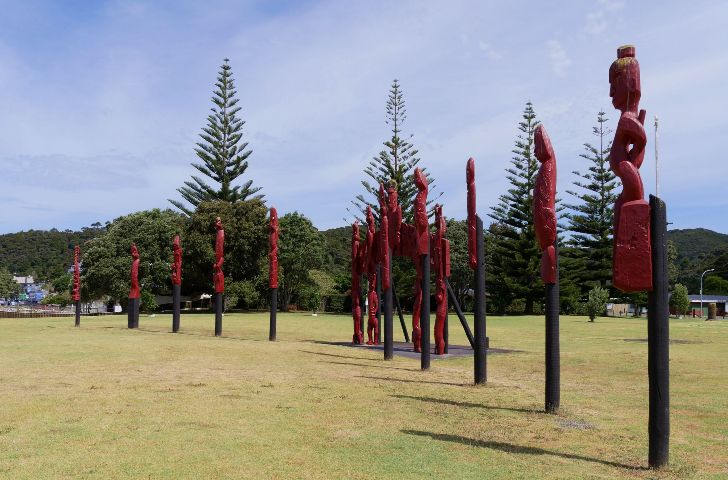Associate Justice Minister David Seymour has endorsed the introduction of the Treaty Principles Bill to Parliament, expressing optimism for its first reading next Thursday. The Bill seeks to formally define the principles of the Treaty of Waitangi in law, an area previously left to interpretation by the courts and the Waitangi Tribunal. According to Seymour, the Bill aims to provide clarity, particularly around issues of equality and governance, which he believes are critical to New Zealand’s constitutional future.
"Since Parliament first introduced the concept of Treaty principles in 1975, it left these principles undefined," said Seymour. "This absence of definition has allowed the courts and the Waitangi Tribunal to develop their own interpretations, which have sometimes justified policies contrary to equal rights—like co-governance models and ethnic quotas in public institutions."
The Treaty Principles Bill, he explained, seeks to clarify this area by providing Parliament’s explicit definition of the principles, rather than leaving it to judicial interpretation. “The principles of the Treaty are here to stay, but either Parliament defines them, or the courts will continue to influence this space, which has significant political and constitutional implications.”
The Cabinet has made a key amendment to an earlier draft of the Bill, narrowing the scope of Principle Two. The revision specifies that the rights of hapū and iwi are distinct only when established as part of Treaty settlements, addressing concerns that the previous wording was overly broad.
If passed, the Bill will not amend the Treaty of Waitangi itself. Instead, it will serve as a guide for interpreting legislation where Treaty principles apply, particularly where they are referenced directly in law. "The Treaty has been a unifying foundation for New Zealand, emphasizing both the protection of equal rights for all New Zealanders and the government’s role in upholding those rights," Seymour noted.
Once the Bill completes its first reading, New Zealanders will have the opportunity to submit their perspectives during the select committee phase, a crucial part of the legislative process that Seymour welcomes as part of a broader national conversation.
“The Treaty of Waitangi holds a unique place in our national identity,” Seymour added. "Through this Bill, we want to foster a constructive, inclusive dialogue about its principles and role in our constitutional arrangements, ensuring the Treaty remains a powerful guide for New Zealand’s future."
The Bill has already generated significant public interest, as it addresses longstanding debates over how Treaty principles should be applied in areas like public service delivery, governance, and equal rights. The select committee phase is expected to draw a wide range of perspectives from Māori leaders, legal experts, community advocates, and citizens, all contributing to a landmark discussion on New Zealand’s path forward.











